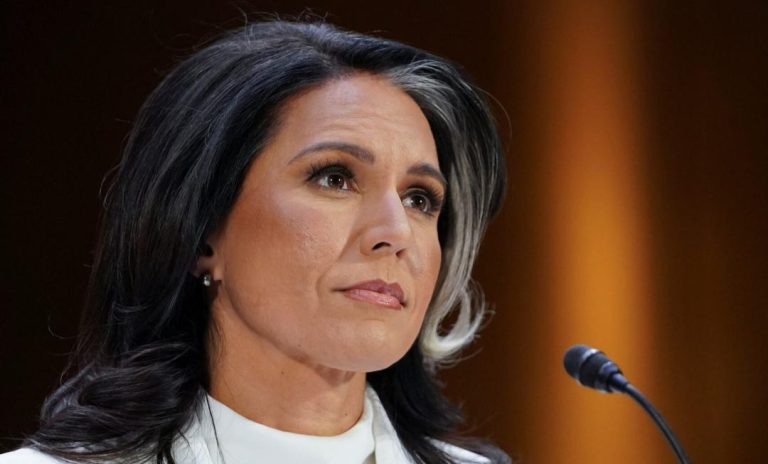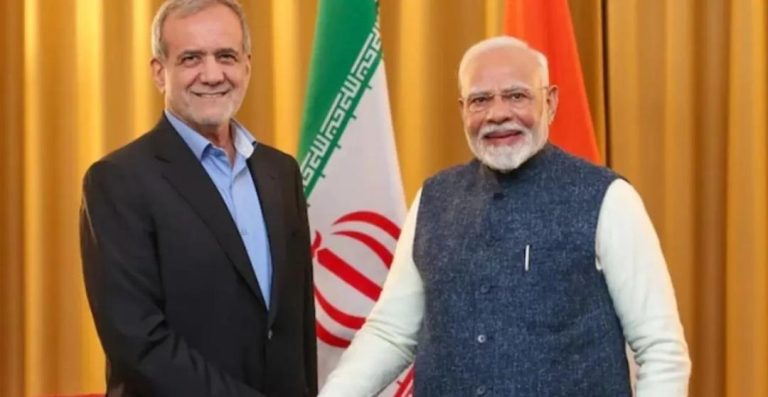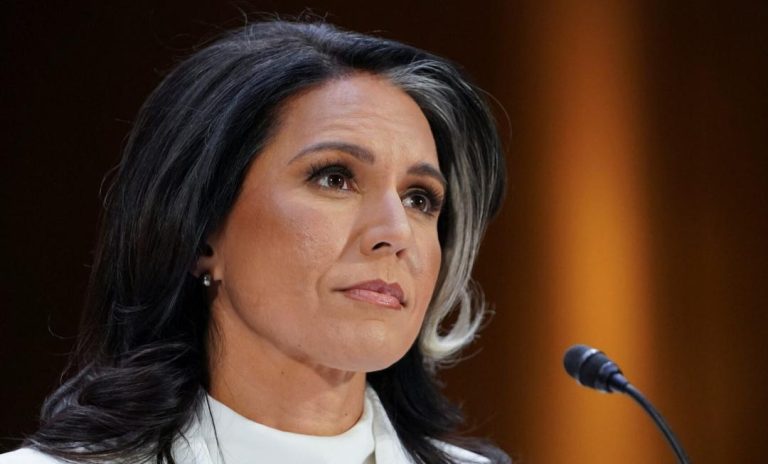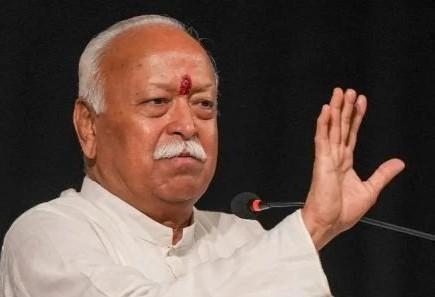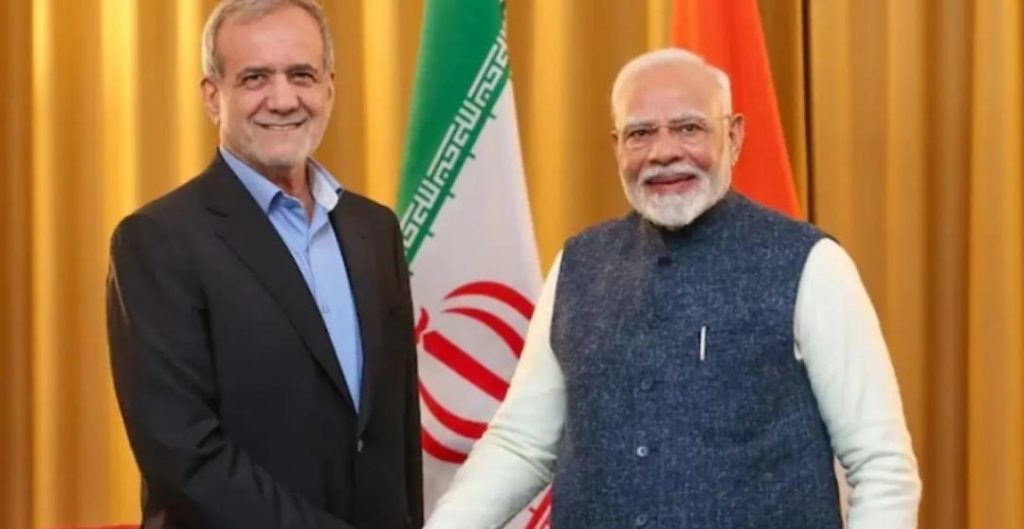
Iran Offers to Mediate between India and Pakistan after Pahalgam Attack
The recent terrorist attack in Pahalgam, Jammu and Kashmir has sent shockwaves across the region, escalating tensions between India and Pakistan. As the two countries engage in a war of words, Iran has stepped forward to offer its mediation services to ease the standoff. In a statement, Iran’s Foreign Minister Seyed Abbas Araghchi expressed Tehran’s willingness to use its “good offices” in Islamabad and New Delhi to foster greater understanding and cooperation between the two nations.
The attack on Pahalgam, which resulted in the deaths of multiple soldiers, has been widely condemned by the international community. India has accused Pakistan of supporting terrorism and has suspended the Indus Waters Treaty, a decades-old agreement that governs the sharing of waters between the two countries. Pakistan, on the other hand, has denied any involvement in the attack and has called for an international investigation into the incident.
In the midst of this heightened tension, Iran’s offer to mediate between India and Pakistan comes as a welcome development. The country has a long history of playing a mediatory role in regional conflicts, and its diplomatic efforts have often helped to ease tensions between rival nations.
Iran’s decision to offer its mediation services is likely driven by several factors. Firstly, Tehran is well aware of the long-standing tensions between India and Pakistan, and it recognizes the potential for these tensions to spill over into the wider region. By offering its mediation services, Iran is attempting to prevent a full-blown conflict from erupting, which could have far-reaching consequences for regional stability.
Secondly, Iran’s offer to mediate is also likely driven by its desire to strengthen its relations with both India and Pakistan. Tehran has historically enjoyed good relations with both countries, and it has been seeking to increase its engagement with them in recent years. By playing a mediatory role, Iran is attempting to demonstrate its value as a regional powerbroker and to strengthen its ties with both India and Pakistan.
Finally, Iran’s offer to mediate is also likely driven by its desire to counterbalance the growing influence of other regional powers, such as the United States and China. As the global balance of power shifts, Iran is seeking to assert its own influence and to play a more prominent role on the regional stage. By offering its mediation services, Iran is attempting to demonstrate its ability to play a constructive role in regional conflicts and to strengthen its position as a key player in the region.
Despite the potential benefits of Iran’s offer to mediate, there are also several challenges that need to be overcome. Firstly, India and Pakistan have a long history of mistrust and hostility towards each other, which makes it difficult to imagine a scenario in which they would agree to mediated talks. Secondly, both countries have their own domestic political agendas, which may make it difficult for them to compromise on key issues.
Finally, there are also concerns about Iran’s own motivations and intentions. While Tehran has a reputation for being a skilled mediator, it is also a country with its own regional aspirations and rivalries. Some observers have raised concerns that Iran’s offer to mediate may be driven by its own strategic interests, rather than a genuine desire to ease tensions between India and Pakistan.
In conclusion, Iran’s offer to mediate between India and Pakistan after the Pahalgam attack is a welcome development that could potentially help to ease tensions between the two countries. While there are several challenges that need to be overcome, Iran’s diplomatic efforts have often been successful in the past, and it is possible that its mediation services could play a key role in resolving the current standoff.
As the situation continues to unfold, it will be important for India and Pakistan to engage in constructive dialogue and to work towards a peaceful resolution to their differences. With the potential for conflict escalating by the day, it is crucial that both countries prioritize diplomacy and work towards a solution that respects the sovereignty and territorial integrity of both nations.
